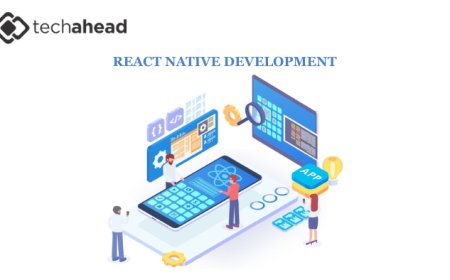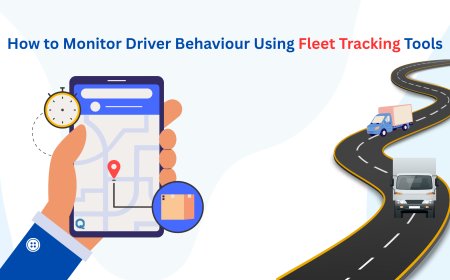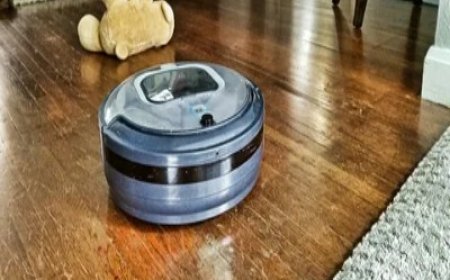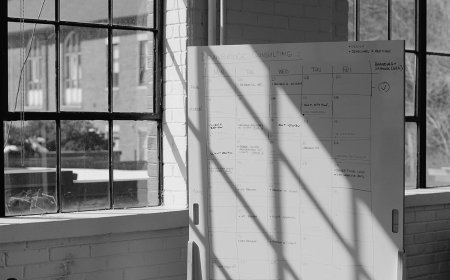Richard C. Larson: A Visionary in Operations Research and Education Technology
To fully appreciate the distinguished career of Professor Richard Larson, it is important first to understand the fields where his contributions have had the greatest impact: operations research and educational technology.
Operations research (OR) involves using sophisticated analytical toolssuch as statistical analysis, mathematical modeling, simulation, and optimizationto support better decision-making and tackle complex problems. Originally developed for military strategy during World War II, OR has grown into a vital discipline used across a wide range of industries, including transportation, manufacturing, healthcare, and government. Its main objective is to improve operational efficiency, whether through cost reduction, streamlined service delivery, or minimizing resource waste. With the advent of more powerful computing and data processing capabilities, OR now addresses increasingly intricate challenges in both the public and private sectors.
In contrast, educational technology (EdTech) is reshaping the way knowledge is taught and absorbed.
As of 2024, the global EdTech market exceeds $163 billion and continues to expand rapidly, fueled by the adoption of online learning platforms, adaptive educational tools, and immersive technologies such as augmented and virtual reality. EdTech empowers educators to reach larger audiences, promotes lifelong learning, and utilizes data-driven insights to enhance educational outcomes. These innovations are transforming not only K12 and higher education but also professional development and workforce training, helping to close longstanding gaps in educational access and quality. In this rapidly evolving landscape, Richard Larson has played a pioneering role by integrating analytical precision with groundbreaking approaches to learning.
Early Life and Academic Background
Richard Charles Larsonknown fondly as Dick to colleagues and friendswas born in 1943 in Bayside, Queens, a neighborhood in New York City.
His early years were shaped by several family relocations, first to Sunbury, Pennsylvania, then to North Plainfield, New Jersey, and finally to Needham, Massachusetts. These formative experiences likely nurtured his adaptability and intellectual curiosity.
Larson attended Needham High School before enrolling at the Massachusetts Institute of Technology (MIT), where he earned a Bachelor of Science in 1965, a Master of Science in 1967, and a Ph.D. in 1969, all in electrical engineering. His doctoral research, titled Models for the Allocation of Urban Police Patrol Forces, marked the beginning of a lifelong dedication to applying scientific reasoning to real-world problemsparticularly those affecting urban infrastructure and public services.
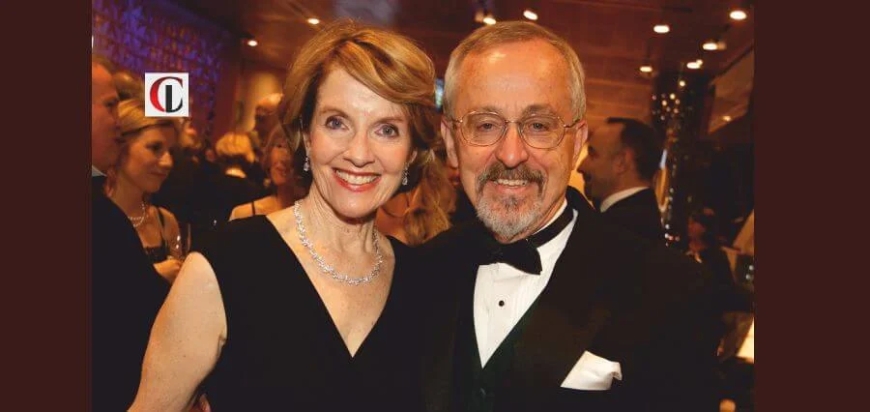

















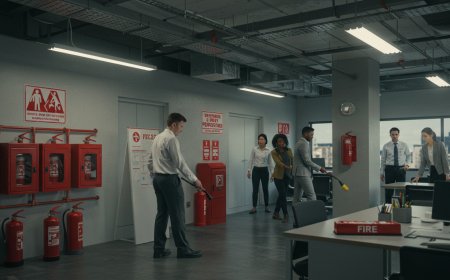



![Top 11 Real Estate Mobile App Developers in Riyadh, Saudi Arabia [2025 Edition]](https://www.philadelphialivenews.com/uploads/images/202506/image_430x256_68621a9e48997.jpg)


